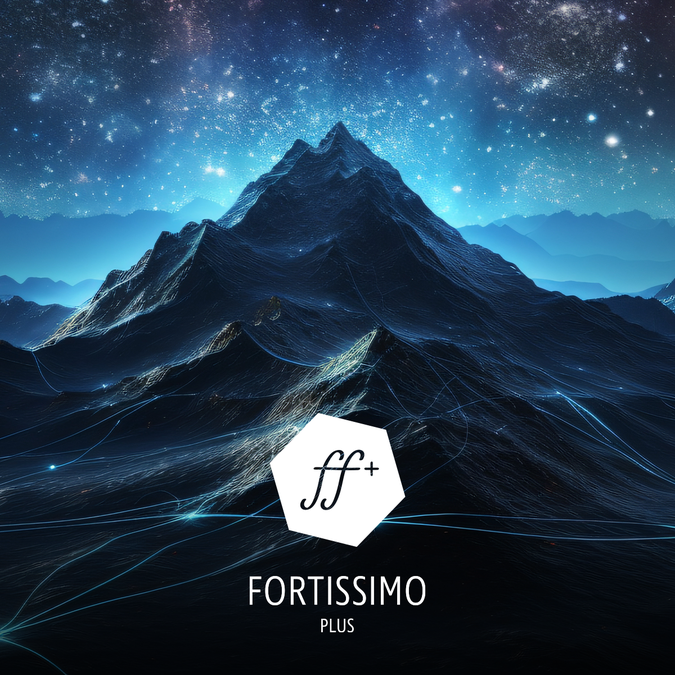Fortissimo Plus Will Foster Innovation in the Industry with HPC and AI

As one of the most prominent and enduring European R&D initiatives, it has enhanced innovation, competitiveness, and development across a wide spectrum of European industries for more than a decade.
Arctur has been a proud partner since the inception of the first project and will serve as the Communication and Dissemination Lead, responsible for producing Success Stories within the FFplus framework.
Initiated by the EuroHPC Joint Undertaking, the project will build on the transformative successes of the Fortissimo and FF4EuroHPC projects.
High-performance computing and artificial intelligence have emerged as game-changing technologies with the potential to boost industrial competitiveness and provide myriad economic and societal benefits. For many small and medium-sized enterprises, however, technical and financial factors can mean that making the most of these technologies remains a challenge.
On May 1, the EuroHPC Joint Undertaking (EuroHPC JU) launched a new Research and Innovation project aimed at addressing this need. Called Fortissimo Plus (FFplus), the project will empower SMEs and startups to take advantage of the opportunities that HPC offers. This also includes using large-scale HPC resources to develop generative artificial intelligence models such as foundation models and large language models. FFplus will help SMEs and startups access state-of-the-art EuroHPC JU supercomputing resources, including pre-exascale and exascale supercomputers. It will also provide support in tackling technical challenges, fostering business development, and encouraging the creation of novel applications.
Coordinated by the High-Performance Computing Center of the University of Stuttgart (HLRS), FFplus will issue six open calls that invite European SMEs and startups to submit proposals for business experiments and innovation studies that demonstrate the benefits of HPC and generative AI. Successful applicants will receive startup funding and support from FFplus to conduct these experiments.
As FFplus continues, it will document productive applications of HPC and generative AI in success stories. These profiles will in turn be used to promote the uptake of these advanced technologies across Europe, showing how SMEs and startups can gain competitive advantages by integrating them into their business practices.
The next chapter in the Fortissimo story
For more than a decade, beginning in 2013, the Fortissimo, Fortissimo 2, and FF4EuroHPC projects executed more than 130 experiments involving 330 partners, resulting in 120 success stories. These success stories have encouraged actors across the European industrial landscape to implement new digitalization technologies in manufacturing (Industry 4.0) and to develop new products and services that bolster the EU economy.
FFplus is managed and coordinated by a consortium of six partners who participated in earlier Fortissimo projects: HLRS/University of Stuttgart, Scapos AG, Teratec, CINECA, CESGA, Arctur and CYFRONET. The consortium includes partners from six European countries: Germany, France, Italy, Poland, Spain, and Slovenia. In this way, FFplus will strengthen activities and support networking across the European, national, and regional levels.
Funding and project details
FFplus was developed in response to the call DIGITAL-EUROHPC-JU-2023-SME-01, aimed at supporting the competitiveness and innovation potential of SMEs.
The project is funded by the Digital Europe Programme (DEP), an EU funding program that aims to integrate digital technology into businesses, citizens' lives, and public administration, with a total budget of up to EUR 30 million.
FFplus started on May 1, 2024 and will run for 48 months.
Learn more about the project on the FFplus website and follow FFplus on LinkedIn, X (Twitter) and YouTube for more information on HPC-related topics.
